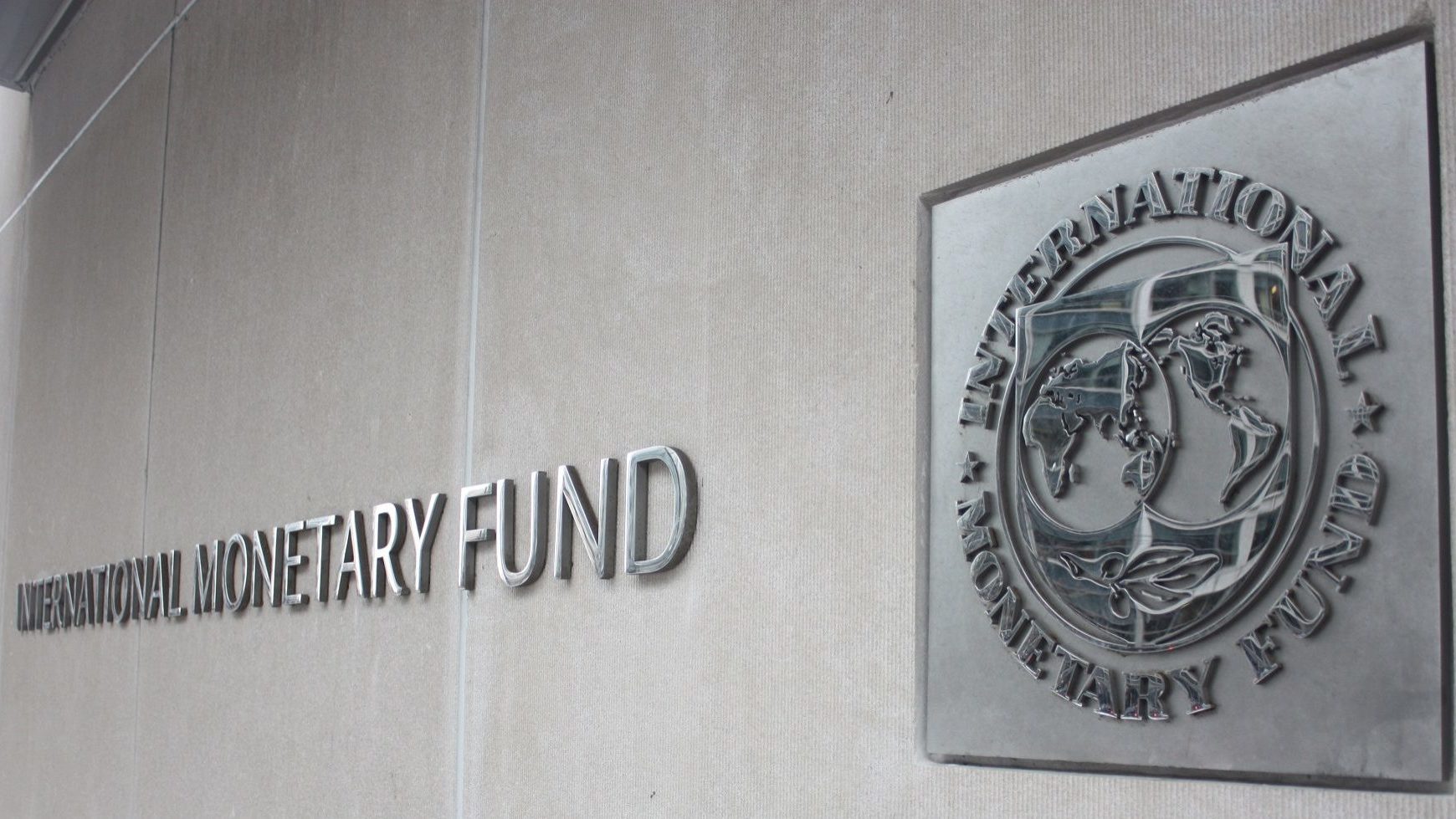Central bank needs buffer against risk of banks’ exposure to property – IMF
Rupa Duttagupta, who led the IMF mission to Portugal, also pointed out that the banking system has withstood the two double shocks - pandemic and war - "relatively well" so far.
The IMF suggests that the Bank of Portugal should consider a countercyclical capital buffer or a sectoral systemic risk buffer against potential risks from banks’ exposure to real estate and advocates a gradual recomposition of capital levels.
“Once the recovery is well established, the Bank of Portugal could consider introducing a positively-rated countercyclical capital buffer or a sectoral systemic risk buffer against potential macro-financial risks from banks’ real estate exposures,” the International Monetary Fund (IMF) suggests in the conclusions of its annual assessment of Portugal, released on Monday.
At a press briefing on Monday, Rupa Duttagupta, who led the IMF mission to Portugal, pointed out that the banking system has withstood the two double shocks – pandemic and war – “relatively well” so far.
“Capital levels increased in the past year, non-performing loans are down and overall bank profitability is slightly higher. All of this is good news,” he said.
However, he warned that “there are some domestic risks that fortunately have not materialised, but they have not disappeared”.
In the conclusions of its assessment of Portugal, the IMF notes that close monitoring of banks’ credit quality remains essential, warning that the impact of the end of moratoria and new risks, including from the housing market, on credit quality are likely to remain sources of uncertainty for some time.
“Prudential authorities are actively monitoring the credit quality of banks and confirm that the materialisation of credit risk so far has not been as significant as expected at the start of the pandemic. Strategies to reduce non-performing loans are bearing fruit, but some banks have not yet completed their adjustment processes,” the findings read.
Even so, Rupa Duttagupta said that Portugal should continue to be “attentive” to the impact of the end of the moratoriums.
The IMF believes that the risks of rising real estate prices, although contained, should also be “closely monitored”.
Rupa Duttagupta said that “these risks are not high at the moment but could increase if house prices continue to rise”.
For the IMF official, in order to avoid these risks, it is necessary to “gradually build buffers” (when, in the capital structure, the regulatory capital maintained is greater than the minimum required by the regulator) of capital where they are smaller, but also to make the banking system more resilient.
“The recomposition of capital buffers should be done gradually and dividend distributions and share repurchases should be cautious until the uncertainties about capital needs, also in light of new economic shocks, are better assessed,” the institution explains.

